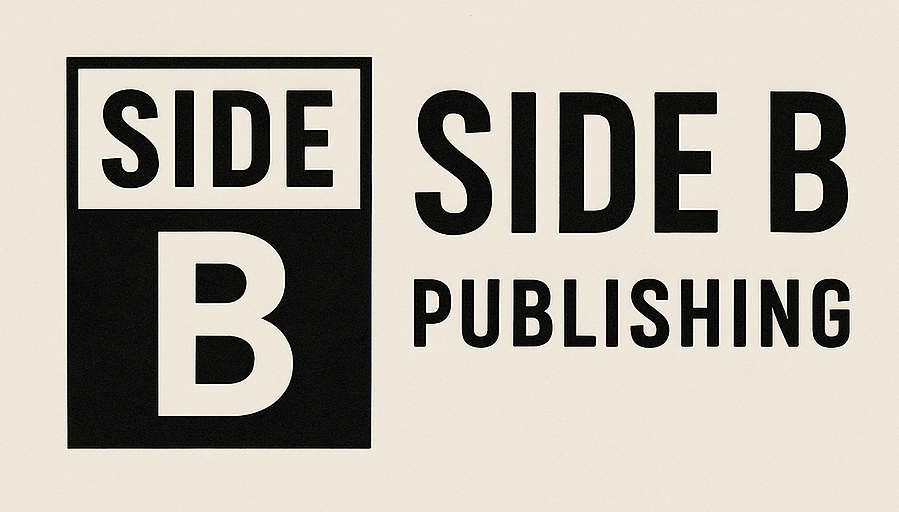The Cholesterol Con: Why Your Doctor's Advice Might Be Decades Out of Date
I used to dutifully order egg white omelets and choose low-fat everything, convinced I was protecting my heart. Like millions of others, I'd swallowed the cholesterol story whole: eat fat, get fat, clog your arteries, die young. Simple, scary, and apparently scientific.
But after years of following this advice without seeing the promised health benefits, I started asking uncomfortable questions. Questions that led me down a rabbit hole of research that challenged everything I thought I knew about heart health.
The Cracks in the Foundation
The cholesterol-heart disease hypothesis that shaped decades of medical advice has some surprising origins. When I dug into the research that launched our national obsession with low-fat diets, I discovered something that made me question everything: the foundational study had some serious flaws that somehow got overlooked.
What I found was that the researcher behind the famous study had access to data from 22 countries, not just the seven he highlighted. When you include all the data, the story becomes much more complicated. Countries like France, with high saturated fat intake but low heart disease rates, didn't fit the narrative at all.
This discovery led me to ask: if the foundation is shaky, what about everything built on top of it?
What Large-Scale Studies Really Show
When I started examining more recent research – the kind involving hundreds of thousands of participants over many years – the results were shocking. Multiple large-scale studies have found little to no evidence supporting the dietary fat-heart disease connection we've been warned about for decades.
But here's what really got my attention: during the same period that Americans reduced saturated fat intake, obesity and diabetes rates skyrocketed. Coincidence? Maybe. But it made me wonder what we were eating instead of all that fat we were avoiding.
The Questions Your Doctor Might Not Be Asking
The more I researched, the more I realized that our focus on cholesterol numbers might be missing the bigger picture. There are inflammatory markers, lifestyle factors, and dietary patterns that could be far more important than whether you choose butter or margarine.
But these nuances don't fit neatly into simple dietary guidelines or quick doctor visits. And they definitely don't support the massive industries that have grown up around our fear of saturated fat.
What This Means for Your Health Decisions
I'm not suggesting you ignore your doctor or start eating sticks of butter. What I am suggesting is that you deserve to know the full story behind the health advice you're following – especially when that advice requires significant lifestyle changes without delivering the promised results.
In my upcoming book, I dive deep into:
The specific flaws in the research that shaped decades of dietary guidelines
Which recent studies are changing how forward-thinking doctors approach heart health
The economic forces that keep outdated nutritional advice alive
How to have more productive conversations with your healthcare providers about these issues
Practical steps for evaluating conflicting health information
The cholesterol story is just one example of how well-intentioned medical guidance can become unquestioned dogma. Once you start pulling at this thread, you begin to see similar patterns throughout modern healthcare.
Ready to question more of what you've been told about health and nutrition? My book explores the myths, the money, and the better path forward. [Sign up for updates on the release]
Remember: I'm not a medical professional, and this isn't medical advice. Always consult with qualified healthcare providers about your specific health concerns.
